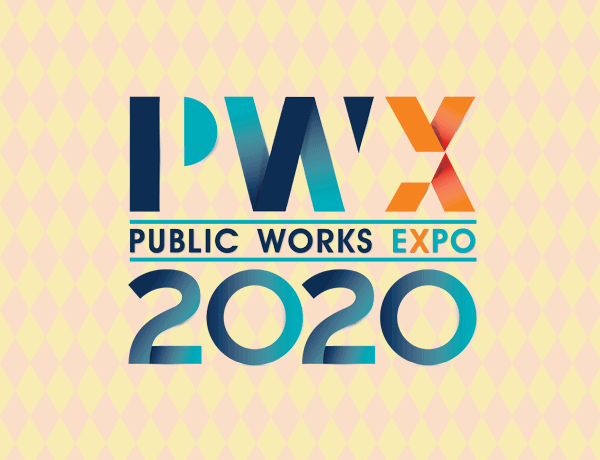Video
What does the phrase “Safety First” mean to you? Is it a slogan, or does it drive everything you do? Explore lessons learned by two agencies on how to go…
Read MoreThis presentation will provide perspectives from several current and former public sector leaders as they navigate their paths to zero waste. Discussions will include mandatory versus voluntary programs, materials bans…
Read MoreThis session provides attendees with an inside look at the National Weather Service (NWS) forecast process and capabilities to help improve resilience and preparedness. Discussion will walk through a few…
Read MoreWhat is APWA’s Government Affairs team doing to prepare for the upcoming 2020 election cycle? As the “voice of public works” to the U.S. Congress and federal agencies, APWA’s Government…
Read MorePreserving the knowledge of its workforce is an important task for every organization. Built usually at great organizational cost, knowledge is fragile and can be easily lost. While laws, guidelines,…
Read MoreDrones have quickly become a common tool for various public works functions. Join us for this examination of the process for getting a UAS (Unmanned Aircraft Systems FAA Part 107…
Read MoreOver the last five years, the City of Spokane has installed 16 million gallons of underground storage to prevent overflows of combined wastewater and stormwater from reaching the Spokane River.…
Read MoreThe transition to electric propulsion and autonomous connected vehicles creates an unprecedented opportunity to reinvent our roads, trails and sidewalks. Infrastructure designed yesterday for private cars, bicycles and pedestrians never…
Read MoreThere are many resources available to develop staff and grow leaders, including books, classes, assessments, seminars, mentors, coaches, and much more. Most of the principles they teach are based on…
Read MorePlanned and presented by APWA’s Fleet Management Committee. Fleet Managers are responsible for the selection, procurement, use and care, and remarketing of their organizations fleet assets. A successful fleet manager…
Read More